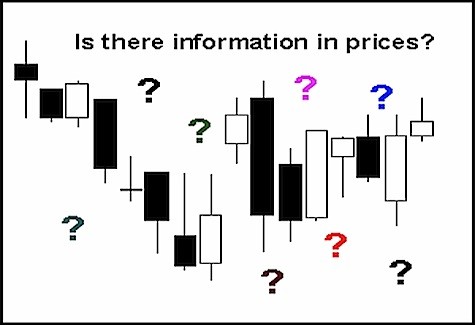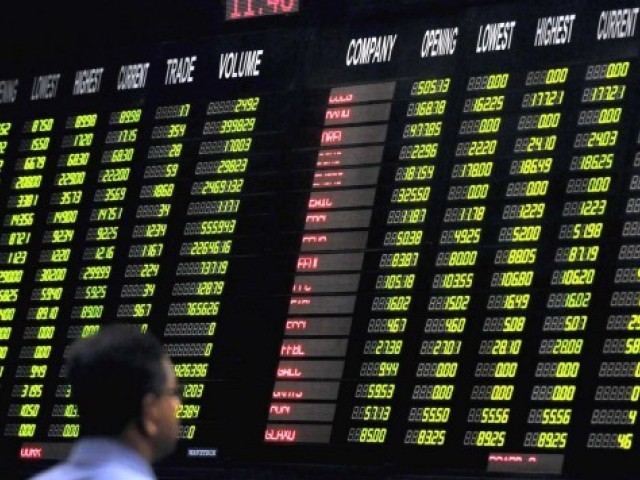Is the Stock Exchange an Efficient Market
Post on: 30 Апрель, 2015 No Comment

The efficient market theory is flawed.
Jupiterimages/Photos.com/Getty Images
More Articles
When the government releases an economic report, the stock market reacts. When a crisis in the Middle East threatens to dispute oil production, the stock market reacts. Reactions such as these suggest that the stock market responds when news breaks. A market that absorbs information as quickly as it becomes available would be perfectly efficient. That is the core of the efficient market theory. However, the theory has flaws, and the stock market is not totally efficient.
The Efficient Market Theory Defined
The efficient market theory holds that current stock prices embody all of the available knowledge about a company and its operating environment and that any price movement from its current level will be in a random direction. All information is available to all market participants at the same time — no one has an advantage over anyone else. Since everyone has the same information, no one can beat the market, and everyone will have the same returns on their stocks. If this were true, then all investors could put their money into index funds and not worry about managing them.
What’s Wrong With the Theory

The efficient market theory has numerous flaws. Information is not disseminated evenly. Not only do investors not get information at the same time, some may not get everything that others do. With imperfect information, investors decisions will not all be identical. People may try to make rational decisions, but emotions come into play, too. Since human psychology is a factor, investment decisions will vary. Rational people may use different metrics to evaluate investment options. Multiple investors will reach different decisions as a result.
Empirical Evidence
There is no question that more information is available to more investors than ever before. The Internet has created an unprecedented transparency in the stock market. Regulations, while not perfect, have helped to democratize this process. A stock market that responded as perfectly as the efficient market theory would be dictated by investors acting perfectly rationally. The stock market crash of 1987 and the dot-com and housing bubbles are stark evidence that this is not the case.














